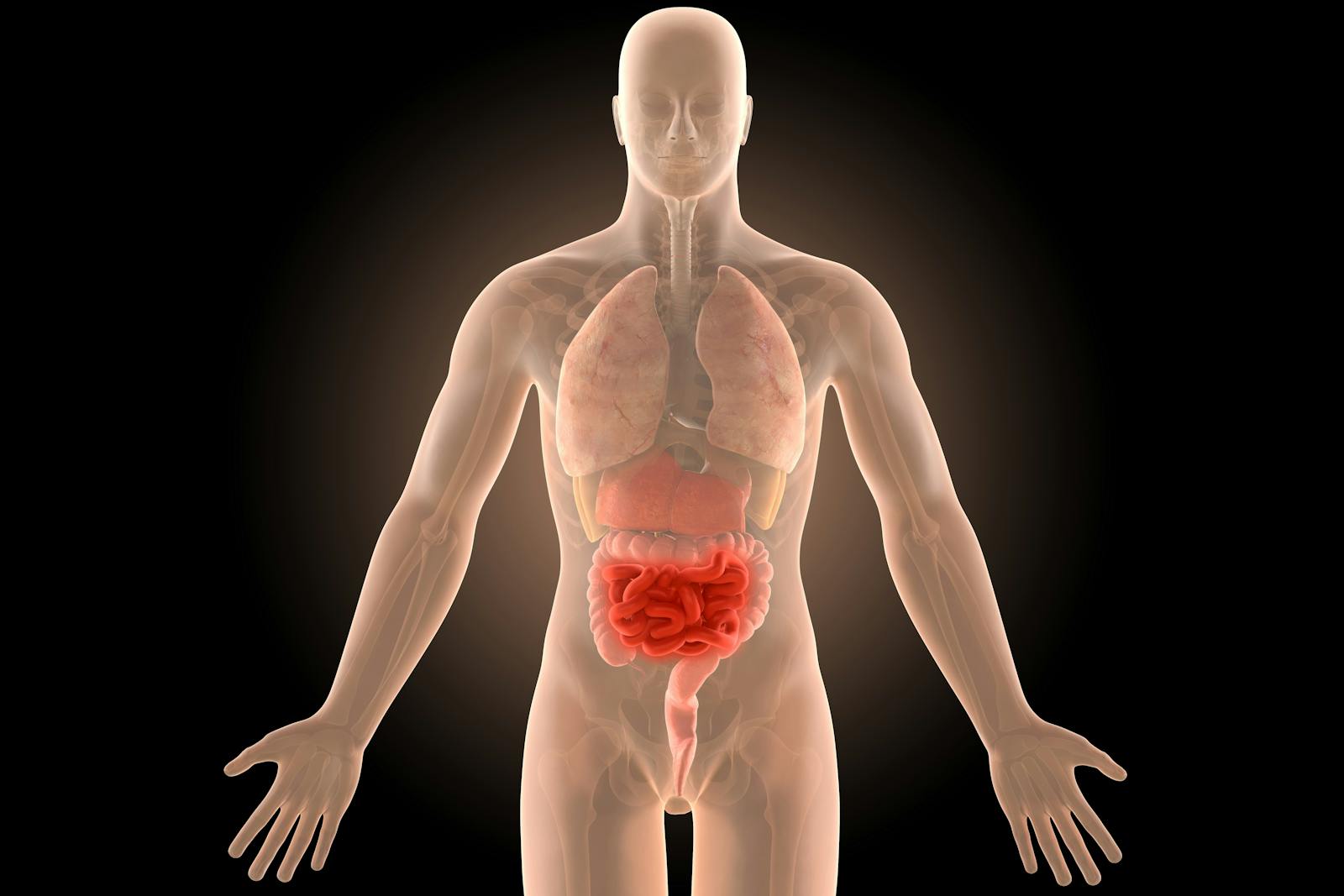Chris Kresser, an integrative medicine practitioner who graduated from the Acupuncture & Integrative Medicine College, Berkeley, believes that the Paleo autoimmune protocol can prevent and reverse IBD because it helps heal the gut.
Using the Paleo Autoimmune Protocol (AIP) for IBD | Chris Kresser
By: Chris Kresser, M.S.
Last updated on May 28, 2019
Do you have inflammatory bowel disease? A recent study put the Paleo autoimmune protocol to the test in patients with Crohn’s disease and ulcerative colitis, and the results are quite remarkable.
I was recently contacted by Mickey Trescott of autoimmunewellness.com, who had some very exciting news to share. The Paleo autoimmune protocol (AIP) has been put to the test in a formal research study, and the results are nothing short of fantastic.
For those of you who are familiar with scientific research, you know that it’s incredibly hard to get a study like this funded. Not only is there no pharmaceutical company to profit, but it also completely overturns current paradigms in clinical research. No agency wants to fund something that is “too out there” or “doesn’t yet have any evidence.”
Sometimes, though, things just work out. In this case, a gastroenterologist at Scripps was introduced to AIP after witnessing one of her patients with ulcerative colitis make an astonishing recovery using the elimination diet. She decided to put together a study to formally investigate the diet in both ulcerative colitis and Crohn’s disease patients. It was entitled “Efficacy of the Autoimmune Protocol Diet for Inflammatory Bowel Diseases,” and it was published last month in the journal Inflammatory Bowel Diseases.
In today’s article, I’ll break down the methods of the study—and the impressive results they found. First, I’ll review the two types of inflammatory bowel disease (IBD) and discuss why an elimination diet might be effective.
What Causes IBD?
Inflammatory bowel disease includes both ulcerative colitis (UC) and Crohn’s disease (CD). Like other autoimmune diseases, conventional therapies for IBD typically focus on suppressing the immune system. This has numerous unwanted side effects, including an increased risk for infection, and the efficacy of the drugs is quite variable.
As of 2015, 231 single nucleotide polymorphisms (SNPs) within 200 different genes are associated with IBD risk. Still, genetics only account for a small proportion of the variance in disease (8.2 percent for CD and 13.1 percent for UC) (1, 2). This means that environmental factors likely play a significant role. Factors implicated in IBD include gut dysbiosis, environmental toxins, and diet, among others.
The Standard American Diet has been associated with an increased risk of IBD, while anti-inflammatory diets have shown some promise for relief (3). Many patients with IBD have known food sensitivities (65 percent, 4), yet some patients may not know which foods might be harming them. I’ve discussed the limitations of food sensitivity testing previously on my podcast. This is where an elimination diet can be really helpful.
Enter the Paleo Autoimmune Protocol
The Paleo autoimmune protocol (AIP) is a Paleo-type diet, which removes grains, legumes, dairy, refined seed oils, and refined sugar, but also recommends initial removal of eggs, nightshades, coffee, alcohol, nuts, and seeds. The basic rationale is to avoid foods that might trigger intestinal inflammation or promote gut dysbiosis and immune dysregulation.
Like Paleo, AIP encourages consumption of nutrient-dense, healing foods, including bone broth, organ meats, and fermented foods. The elimination phase is typically followed by a maintenance phase until sufficient improvement in symptoms is achieved. At that point, select food groups can be carefully reintroduced. This allows patients to expand their diets, while identifying any foods that might be contributing to their symptoms.
I’ve mentioned before that the restrictions of AIP really aren’t based on any peer-reviewed evidence. While the study discussed today was not a randomized controlled trial, it certainly adds to the credibility of AIP, beyond just anecdotal support and my clinical experience with patients.










